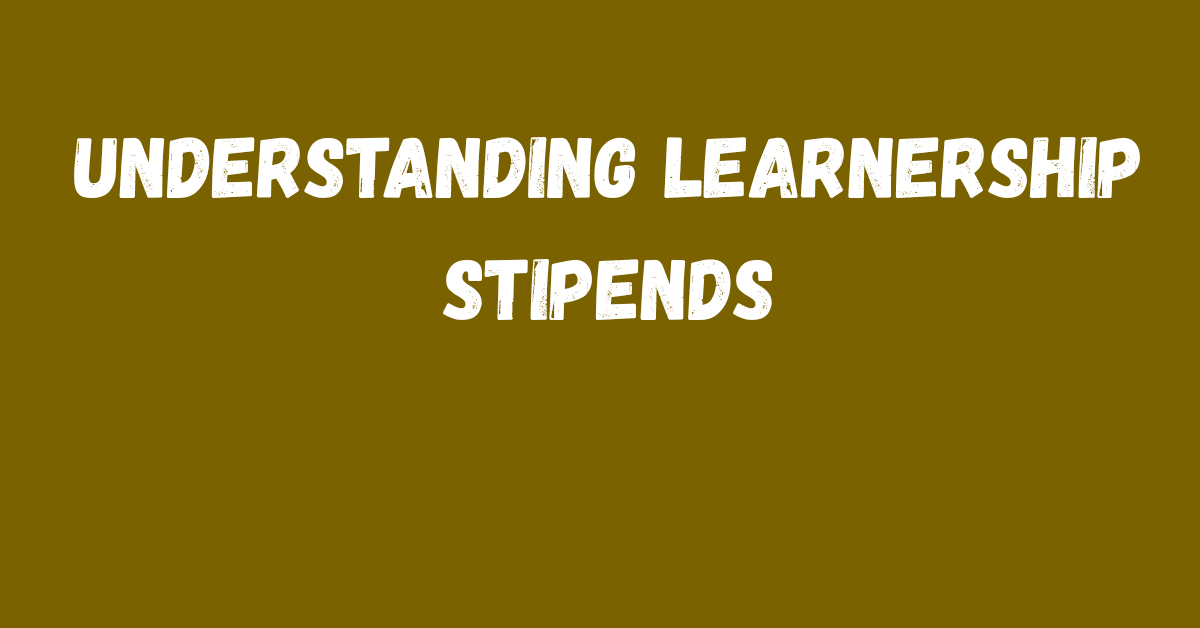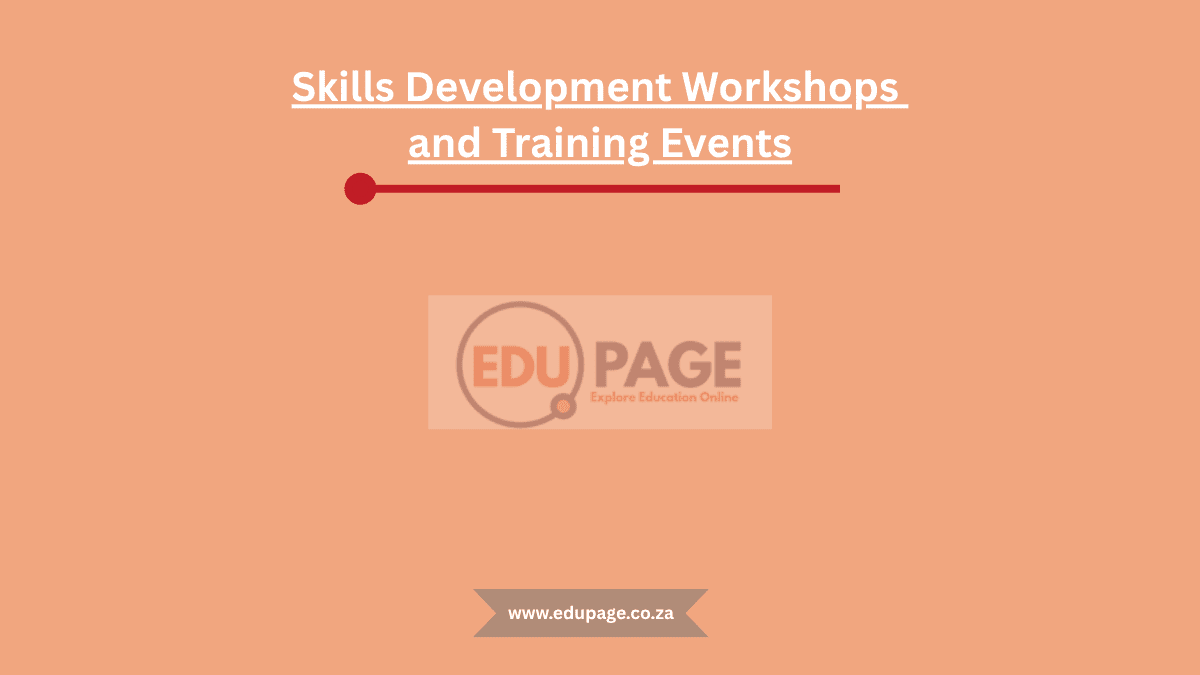The Power of Learning: Why Education Still Shapes Our Future
A Seed of Hope in a Rural Classroom
In the quiet corners of the Eastern Cape, where the dusty winds blow across farmlands and children walk miles to school, a teacher stands before a blackboard, chalk in hand. Her eyes hold the spark of belief—belief that within each child before her lies untapped greatness. This simple yet powerful moment reflects a universal truth: education remains one of the most important forces shaping human potential.
Education is not just about attending school. It’s about transformation—personal, societal, and generational. Whether in a modern city classroom or a rural township hall, education holds the same purpose: to enlighten, empower, and enable progress.
1. Imparting Knowledge That Lasts a Lifetime
Education begins with knowledge. It introduces us to the world beyond our homes—where continents, cultures, and histories unfold in books and discussions. It teaches us how the world works, from the movement of the planets to the reasons behind economic inflation.
In school, children learn to count, read, think critically, and question. But more importantly, they learn how to learn. This skill of self-directed learning becomes a lifelong tool. Adults who have learned how to acquire new skills or adapt to changing environments often trace their resilience to early education.
In South Africa, where inequality still challenges access to quality education, knowledge becomes more than just power—it becomes a lifeline to break the cycle of poverty.
2. A Tool for Solving Real-World Problems
From the COVID-19 pandemic to the global climate crisis, education proves essential in understanding and addressing complex issues. People with access to education are more likely to analyze information critically, detect misinformation, and make informed decisions.
Take Sipho, a young man from Limpopo who, after completing a vocational course in water purification, returned to his village and solved a years-long water contamination issue. He didn’t just gain knowledge—he gained the ability to change lives.
Whether it’s through science, policy, or grassroots activism, education equips us with tools to tackle societal, political, medical, and environmental problems.
3. Education Strengthens Communities
When more people in a community are educated, the effects ripple outward. Crime rates tend to drop, healthcare outcomes improve, and employment opportunities increase. People vote more, start businesses, and invest in their families.
An educated woman is more likely to delay childbirth, raise healthier children, and contribute to the family income. Studies in many developing nations, including South Africa, show that girls who finish school are significantly less likely to face gender-based violence and poverty.
Moreover, parents who value education often pass this priority to their children, creating a legacy of learning that shapes generations.
4. Cultural Awareness and Global Citizenship
Education helps us understand the world not just through facts, but through perspective. When we study history, literature, languages, and social sciences, we come to appreciate cultures beyond our own. We learn empathy and develop the emotional intelligence needed to function in diverse environments.
In a rapidly globalizing world, where digital borders dissolve faster than physical ones, the ability to work with people from different backgrounds is invaluable. Whether one becomes a doctor, an artist, or an entrepreneur, being culturally competent starts with education.
5. Fostering Innovation and Economic Growth
Innovation stems from curiosity and a willingness to explore new ideas—both nurtured through education. Every smartphone, vaccine, solar panel, and social media platform exists because someone dared to imagine differently and had the education to make it happen.
Countries that invest in education see long-term economic benefits. According to the World Bank, each additional year of schooling can raise a person’s income by up to 10%. For South Africa, where unemployment and economic inequality remain high, this statistic isn’t just academic—it’s a call to action.
If the youth are the future, then education is the fuel that powers their potential.
6. Mental Well-being and Self-Discovery
Education is also about self-understanding. Through exposure to new ideas, literature, philosophy, and science, we begin to ask questions about who we are and where we fit in the world. This journey often leads to increased confidence, self-worth, and resilience.
For teenagers grappling with identity or adults facing midlife reinvention, education offers both clarity and direction. Whether it’s formal schooling or informal lifelong learning, the process often becomes a catalyst for healing, growth, and purpose.
7. Bridging the Digital Divide
In a digital age, being uneducated means being digitally excluded. With so many services now online—banking, healthcare, government benefits, and even learning itself—education helps close the digital gap.
Basic digital literacy taught in schools or community centres can empower people to access opportunities that once seemed unreachable. A grandmother learning to email her grandchildren or a high school student coding an app—both are powerful symbols of education in motion.
8. Education as a Human Right, Not a Privilege
The United Nations lists education as a fundamental human right. Yet millions of children around the world—and thousands in South Africa—still face barriers like poverty, lack of transport, or inadequate school infrastructure.
To address this, civil society groups, government departments, and NGOs continue to campaign for accessible and equitable education for all. The dream is not just to educate a few but to make education universal, inclusive, and transformative.
9. Lifelong Learning: It Never Ends
Education doesn’t stop at school. Adults return to study through night classes, short courses, online platforms, and workplace training. This lifelong learning culture is crucial in a fast-changing job market where skills need constant updating.
Learnerships, SETA programmes, and community colleges offer South Africans accessible avenues to continue learning. Whether it’s a young mother taking a bookkeeping course or an unemployed youth gaining a certificate in logistics, these stories highlight that it’s never too late to learn.
10. The Story of Us All
In the end, education is more than textbooks and tests—it’s a reflection of our shared humanity. It tells the story of who we are, where we’ve been, and what we dream to become. It helps us connect across time, space, and circumstance.
From the earliest cave paintings to AI-powered learning apps, human beings have always sought to pass on knowledge. That instinct—to learn and to teach—is perhaps our greatest strength.
As we face the future with its uncertainty, challenges, and promise, one thing remains certain: education is not just important. It is essential.
Final Thoughts
Education holds the key to a better world—one where individuals are free to dream, communities thrive, and nations grow stronger together. While not every school is perfect and not every system is fair, the goal remains worth fighting for.
So the next time you hear a bell ring at a school or see a child reading under a tree, remember: you’re witnessing the quiet revolution that shapes everything.




